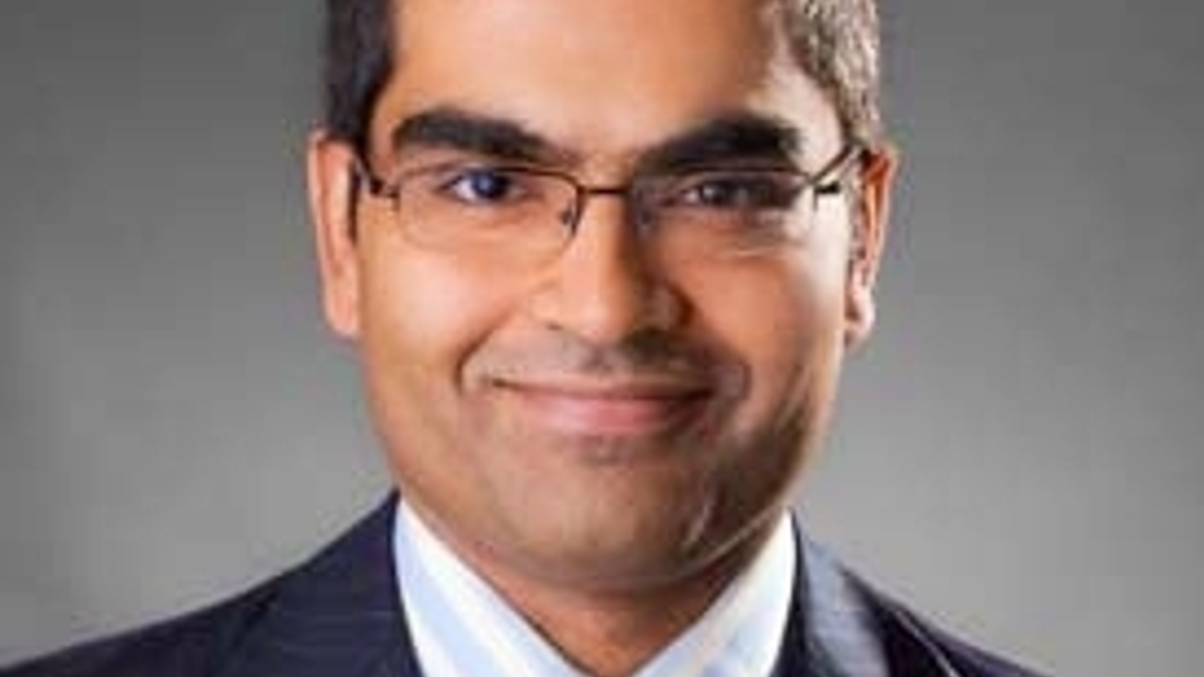Asian institutions doubtful over hedge funds
Big asset owners in the region are becoming more granular in their approach and seem keener on assets such as infrastructure and real estate than hedge funds, finds a survey.

Five years after the 2008 financial crisis, Asian institutional investors are more wary of being caught out by liquidity risk and over-concentration in asset classes when making their asset allocation.
Sign in to read on!
Registered users get 2 free articles in 30 days.
Subscribers have full unlimited access to AsianInvestor
Not signed up? New users get 2 free articles per month, plus a 7-day unlimited free trial.
¬ Haymarket Media Limited. All rights reserved.


